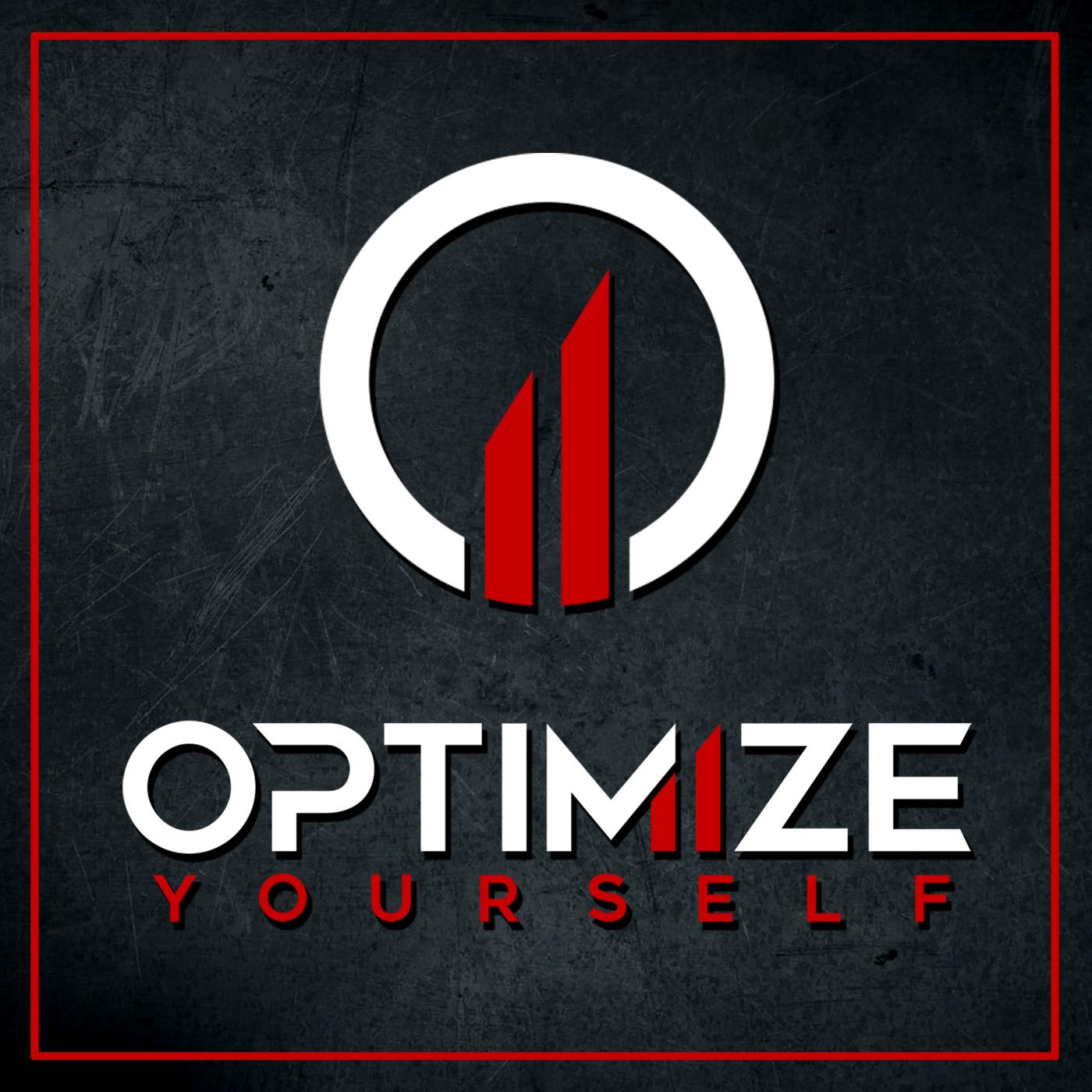5 Things Every Editor Can Do to Build Trust and Keep Clients
- Author
- Zack Arnold
- Published
- Thu 09 Aug 2018
- Episode Link
- https://optimizeyourself.libsyn.com/5-things-every-editor-can-do-to-build-trust-and-keep-clients
The following is a reading of my article '5 Things Every Editor Can Do to Build Trust With Clients' available at Frame.io Insider.
» Click here to read this article at Frame.io Insider
Avid Media Composer. Adobe Premiere. Final Cut Pro X. DaVinci Resolve.
I could debate until the end of time which piece of software is the most important to learn if you want to be a successful editor. Regardless of which NLE I believe has the most likelihood of leading you to success, I would be wrong.
And so would you.
We are not keyboard monkeys, we are storytellers. Our ability to tell compelling and engaging stories and make an audience feel something supersedes our knowledge of any specific piece of software.
Yet so many people in the post-production industry get hung up on the “hard skills” needed to climb the ladder to success. They believe if they become “Avid certified” they have a higher probability of landing the next job. But most clients, producers, and directors honestly don’t care if you’re certified or not. They care if you can tell compelling stories, move people emotionally, and deliver on deadline. And most importantly, they care whether or not they can work with you in a dark room for 60 hours a week (without you murdering each other).
Of course you need to have software proficiency to get (and keep) good jobs; but once you get beyond entry-level positions, software proficiency is automatically assumed.
I haven’t had a job interview in over a decade where I was asked, “Are you familiar with the [insert-your-favorite-NLE-here]?”
Once you have become proficient in your NLE of choice, I suggest you stop focusing on getting 5% better at learning software and instead start focusing on the “soft skills” necessary to build meaningful relationships with people you’d like to work with for years to come.
The most important “soft skill” you must master if you intend to have a lasting and fulfilling career as an editor is becoming “great in the room.”
Here’s the difference between proficient editors and those who are considered “great in the room”: A good editor can often be seen as another set of hands executing notes as requested; a great editor on the other hand often becomes the #1 choice for clients, directors, and producers when they are hiring for their next project because they enjoy working with them so much in the room.
If you’re interested in becoming an editor who is considered great in the room, there are only two things you have to focus on: Trust and comfort.
If you can make your collaborators (clients, directors, producers, etc.) trust your creative abilities and feel comfortable working with you, you have the ability to build a referral network that will provide a safety net and ensure you always have another job lined up—without you ever having to look for work again.
Yes, you can be that good.
Here are five practical approaches any editor can apply to their work to build trust with collaborators and establish a feeling of comfort and therefore be considered “great in the room.”
Support this podcast at — https://redcircle.com/the-zack-arnold-podcast/exclusive-content
